INSAR 2019
Recent articles
Early life experiences may shift severity of autism
A child’s environment exerts a strong influence on the severity of her autism, a study of identical twins suggests.

Early life experiences may shift severity of autism
A child’s environment exerts a strong influence on the severity of her autism, a study of identical twins suggests.
Reactions from INSAR 2019
The autism research community is gathering in Montreal, Canada, this week for the meeting of the International Society for Autism Research.

Reactions from INSAR 2019
The autism research community is gathering in Montreal, Canada, this week for the meeting of the International Society for Autism Research.
U.S. autism prevalence in black children based on few families
A national survey that estimates autism prevalence includes too few black families to yield accurate data for that demographic.
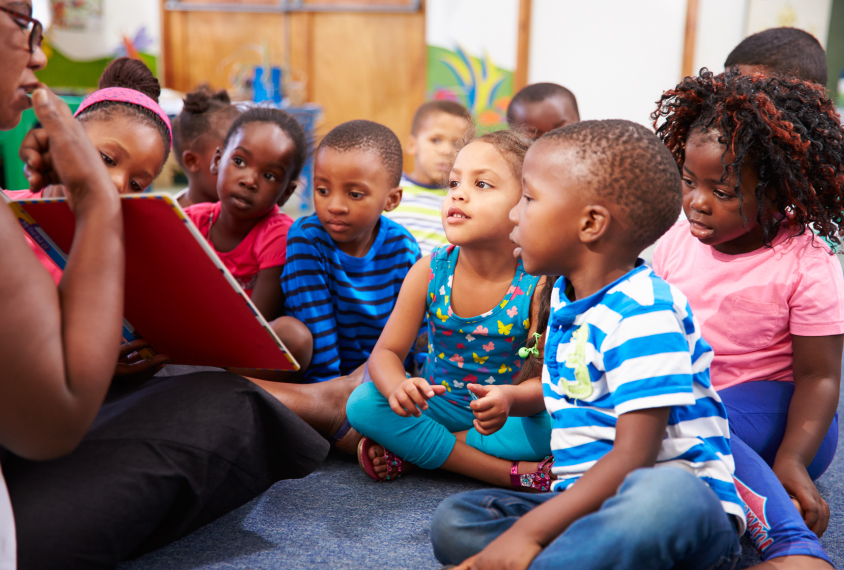
U.S. autism prevalence in black children based on few families
A national survey that estimates autism prevalence includes too few black families to yield accurate data for that demographic.
Brains of minimally verbal autistic children respond slowly to sound
Several of the brain’s responses to sound are sluggish in autistic children who speak few or no words, compared with those who are verbal.
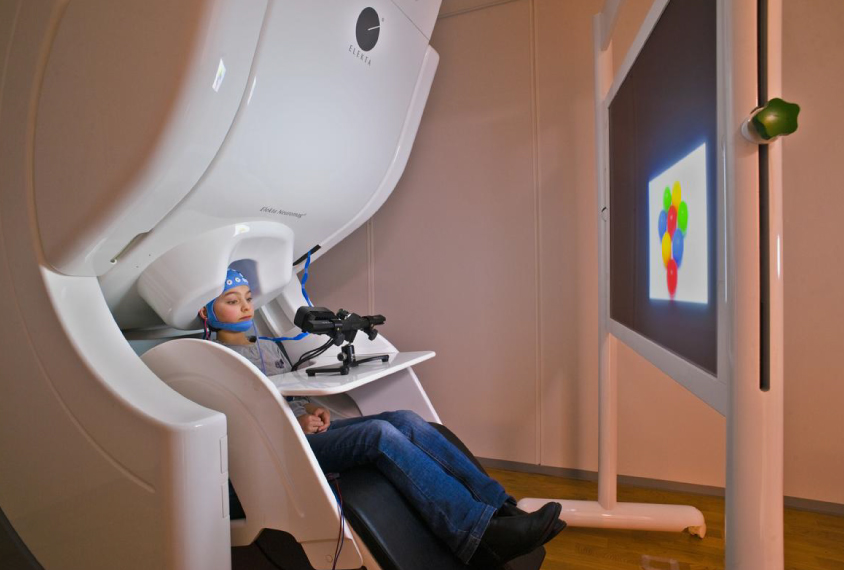
Brains of minimally verbal autistic children respond slowly to sound
Several of the brain’s responses to sound are sluggish in autistic children who speak few or no words, compared with those who are verbal.
Signs of autism may be heard early in infancy
Autistic infants as young as 4 months may have fewer verbal exchanges with their caregivers than their peers do.
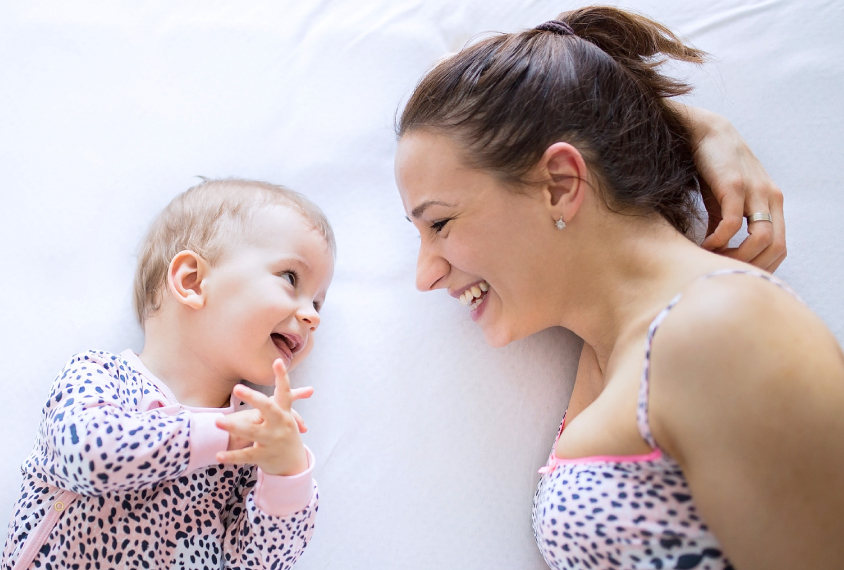
Signs of autism may be heard early in infancy
Autistic infants as young as 4 months may have fewer verbal exchanges with their caregivers than their peers do.
Many autistic children contemplate suicide, screens suggest
About 10 percent of autistic children have suicidal thoughts and behaviors.
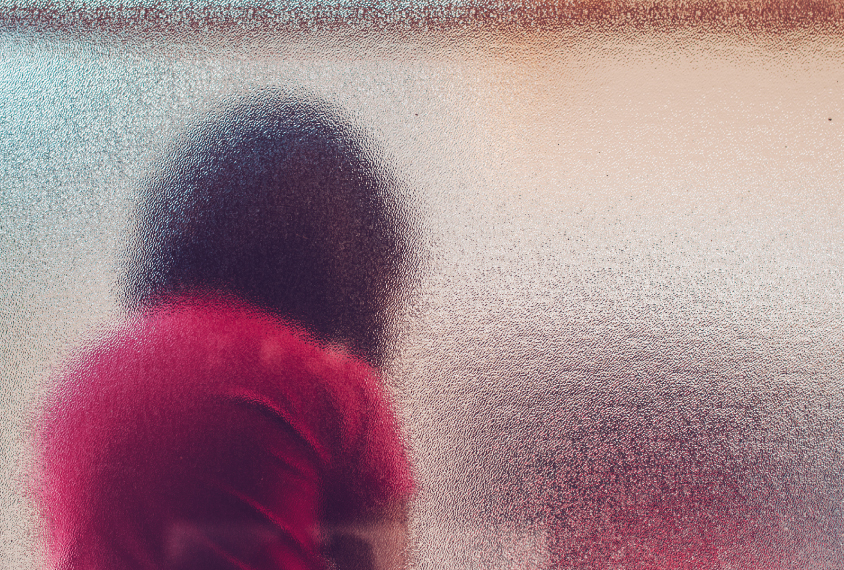
Many autistic children contemplate suicide, screens suggest
About 10 percent of autistic children have suicidal thoughts and behaviors.
Landmark summit on autism health care kicks off
A panel of autism scientists and advocates is charged with a tall order: making recommendations for the care of autistic people worldwide.

Landmark summit on autism health care kicks off
A panel of autism scientists and advocates is charged with a tall order: making recommendations for the care of autistic people worldwide.
Genetic background may alter effect of autism mutations
A person’s genetic makeup can ease or worsen the effect of mutations linked to autism.

Genetic background may alter effect of autism mutations
A person’s genetic makeup can ease or worsen the effect of mutations linked to autism.
First estimate of autism prevalence in Qatar finds high numbers
The prevalence of autism among school-aged children in Qatar is higher than the worldwide average.

First estimate of autism prevalence in Qatar finds high numbers
The prevalence of autism among school-aged children in Qatar is higher than the worldwide average.
Explore more from The Transmitter
The non-model organism “renaissance” has arrived
Meet 10 neuroscientists bringing model diversity back with the funky animals they study.
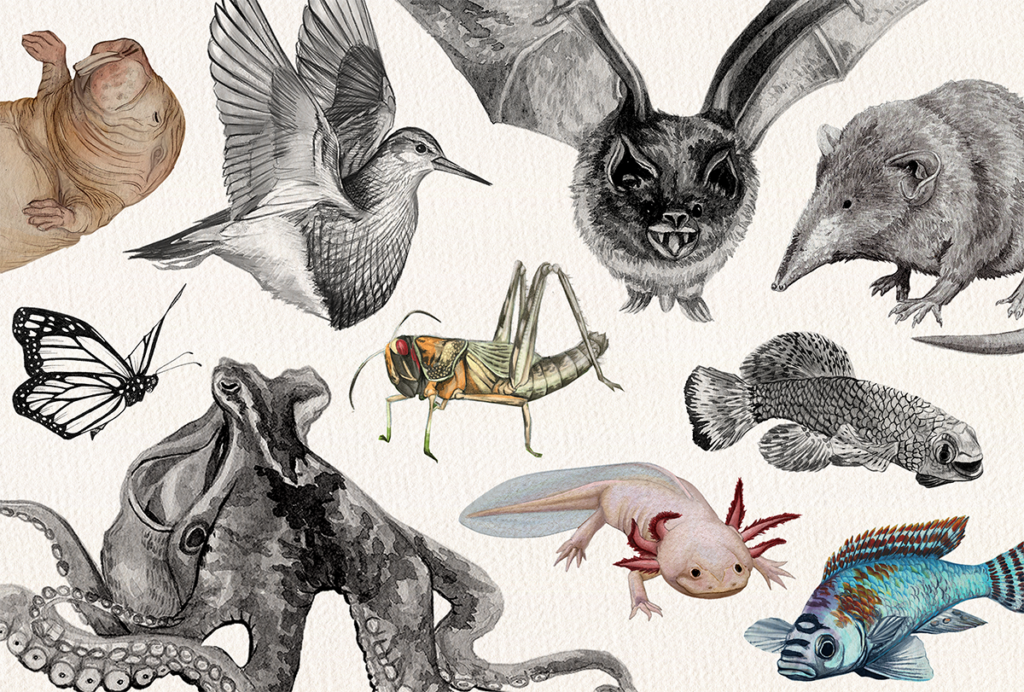
The non-model organism “renaissance” has arrived
Meet 10 neuroscientists bringing model diversity back with the funky animals they study.
Assembloids illuminate circuit-level changes linked to autism, neurodevelopment
These complex combinations of organoids afford a closer look at how gene alterations affect certain brain networks.
Assembloids illuminate circuit-level changes linked to autism, neurodevelopment
These complex combinations of organoids afford a closer look at how gene alterations affect certain brain networks.
Rajesh Rao reflects on predictive brains, neural interfaces and the future of human intelligence
Twenty-five years ago, Rajesh Rao proposed a seminal theory of how brains could implement predictive coding for perception. His modern version zeroes in on actions.
Rajesh Rao reflects on predictive brains, neural interfaces and the future of human intelligence
Twenty-five years ago, Rajesh Rao proposed a seminal theory of how brains could implement predictive coding for perception. His modern version zeroes in on actions.
